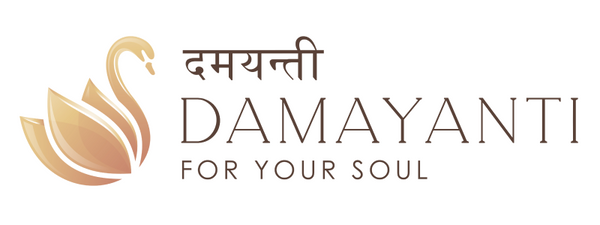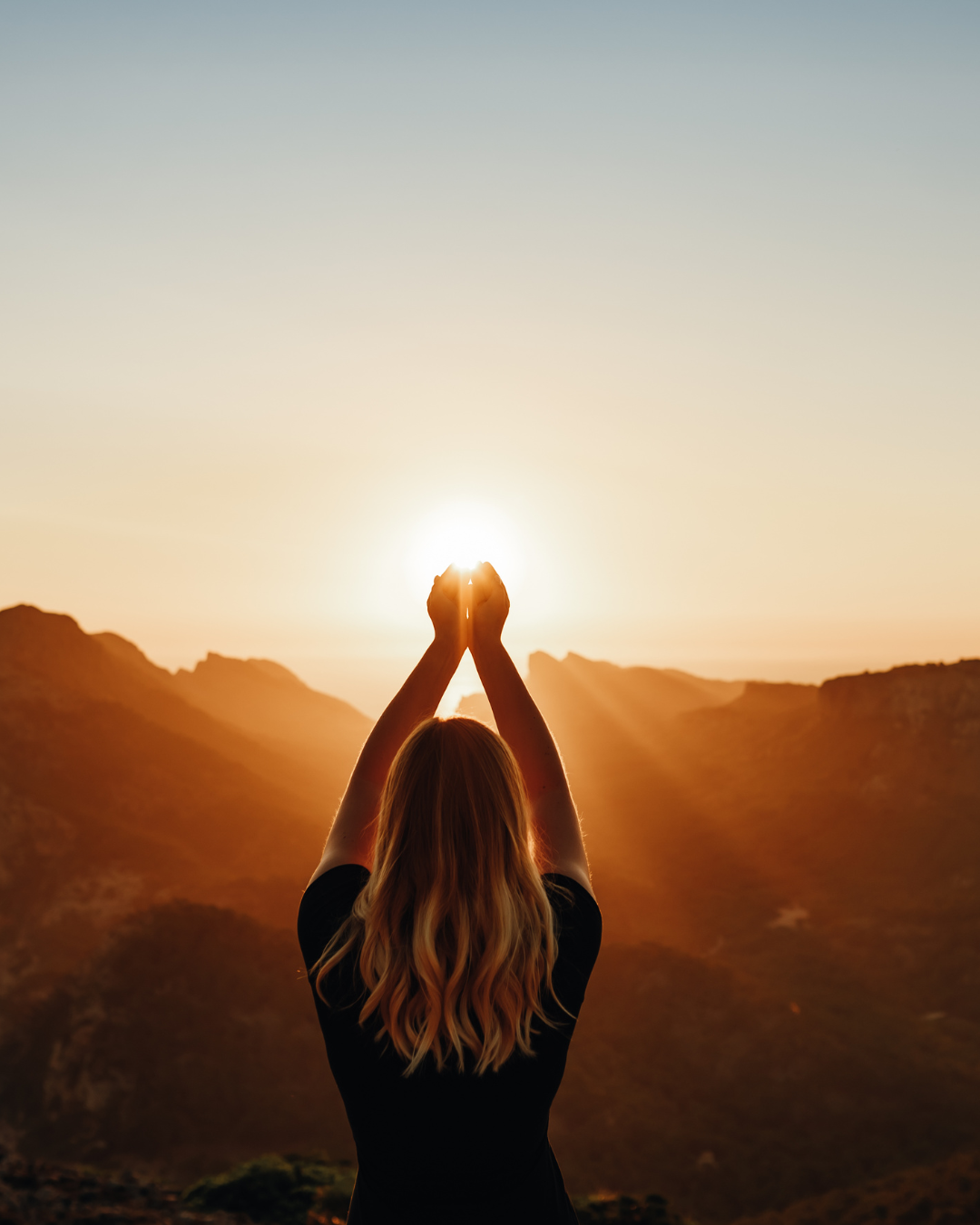I thought it would be good to do another blog post answering more questions that have come my way. Several of them are on the core issue of ‘spirituality’. This is a fundamental topic, so let’s dive right in at the deep end.
If someone identifies as being spiritual, does that mean they believe in God?
There is an important ‘pre-question’ that needs to be answered before we can address this issue. Arguments and discussions are of two types: definitional and substantial. In this instance, we need to know how a person defines ‘spiritual’ before we can answer the question. So, first I’ll tell you what I mean by that word.
I use the word ‘spiritual’ to mean that which pertains to a world beyond the material, sensory world. To me ‘spiritual’ relates to experiences of higher consciousness gained through such practices as meditation, mindfulness and connecting with the present moment.
Some definitions of ‘spiritual’ add an element of the sacred or the religious. However, my own education and training in this area specifically avoided bringing in anything related to formal religious practice, so I have no difficulty separating religious practice from spirituality. For others - who define the word to include religion - spirituality would have some link to God. Hence the need to be clear on what we mean.
So my short answer is no, to be spiritual does not necessarily mean you believe in God. But I also don’t see any conflict or problem if you do have religious faith and conviction.
If I say I am ‘connected’, is that the same as spirituality?
Here we need to know what is meant by the word ‘connected’, so again, I’ll tell you how I use that word.
By ‘connected’, I mean being in the present moment and being linked to deeper parts of your being. The first connection, therefore, is to your bodily senses, which only operate in the present moment. This automatically means you are connected to the Now. With that connection to the Now, you become conscious of a wider world. This layered series of connections opens up your sphere of conscious awareness. You go beyond the material sensory world, to the world of ‘spirit’, as I defined it in the previous question.
So you can see that, yes, while connection and spiritualty are not exactly the same thing they are, as it were, very much ‘connected’.
What is the opposite of being ‘spiritual’?
The opposite of spiritual is material. The material world is the world of observable, measurable things that are experienced through the senses. The material world can be cut, weighed and analysed.
The word ‘opposite’ however, is a bit loaded. It makes it sound like the spiritual and the material worlds are in some kind of conflict. This can appear to be the case when a militant materialist takes up a cause to undermine religion or debunk spiritual experiences. This campaigning can take on a stridency which seems all too oppositional.
On the other hand, some seekers of higher consciousness can be wedded to their spiritual beliefs and practices, and deny the importance of living in a material world. This can take extreme forms of austerity and physical mortification.
I find the best approach is to live a full, healthy life; with food on the table, a home to live in, where the body, mind, heart and spirit all receive their due. One useful practice which my teacher gave us was to participate fully in the activities of daily material life, while at the same time, retaining the memory and awareness of inner stillness. In this way the material world and the spiritual world are in harmony rather than in opposition.
What is the best way to learn about spirituality?
The best way for anyone, is the way that is best suited to them. People are different, and these differences should be celebrated and enjoyed in all spheres, including the study and pursuit of spirituality.
In the Indian tradition there is a recognition of three basic natures: rational, devotional, and active. In the Bhagavad Geeta, Shri Krishna lays out three different paths, one for each of these types.
I studied in a school which was of the Fourth Way. This Fourth Way presented us with a combination of reason, devotion and action.
So, again, the short answer is to find a path and a teacher who appeals to your nature. Do you like to study, to acquire knowledge? Do you feel drawn through love and devotion to beautiful meditations and ceremonies? Or do you feel the need to have a practical path open to you where you can get on with things?
A final note: while most people tend towards either thinking, feeling, or doing, we all have a little of all three. So it is good for people to have a combination of study, devotion, and practical action.
A final, final point: The combination of all three is useful to stir up some friction, to create something to work against. This is a very efficient way of addressing habits and inertia. Those who are devotees need some knowledge to underpin their devotion. The doers and actors need to stop sometimes and open their hearts. The thinkers need to get out of their heads and help with the chores.
So the best way to learn about spirituality? Follow your nature and put the advice of your teacher into practice, even if, at times it seems to go against that nature.
How can I know the level of my disconnection? How can it be measured?
This is such an interesting question! If the wise are to be believed, ordinary people living a normal life of work, home, family and friends, are living in a world of sleep and illusion.
G.I. Gurdjieff (1872-1949), a Russian Georgian mystic, taught that ordinary people are asleep. He designed a system to wake people up.
In The Tempest, Shakespeare addresses this strange state of being asleep while appearing to be awake:
This is a strange repose, to be asleep
With eyes wide open—standing, speaking, moving—
And yet so fast asleep.
In The Odyssey, Odysseus and his crew come to the Land of the Lotus Eaters, and find drowsy inhabitants dreaming their lives away.
Many other myths, legends and traditional stories, as well as scriptures and the teachings of the wise, dwell on this theme of ordinary life being limited, dark and at a low level of consciousness.
Plato, for example, used the analogy of darkness and light in his story of The Cave in Book 6 of The Republic. In that story, he speaks of prisoners chained by the neck and ankles, looking at the wall of a gloomy underground cave. Behind them is a fire. Between the fire and the prisoners is a walkway, along which men walk, carrying images of everyday objects like clouds and trees and dogs. The shadows of these images are thrown onto the wall of the cave. The prisoners, who from birth have been locked in position, believe these shadows of the images to be real clouds and trees and dogs. When anyone speaks or any other sounds are heard, the prisoners think the shadows are speaking or making the noise.
Plato continues the allegory by telling of one prisoner who is freed. He is shown the images and the fire, and is then led up through a steep dark tunnel out of the cave into the sunlight.
So to return to the question: How can we measure our level of disconnection?
It’s hard to give a definitive answer. There are levels, even within the drowsy lotus-eating condition most of us find ourselves in. When we sleep in bed at night, we range from deep sleep to dreaming sleep. We wake up either refreshed and ready to face the day, or in a half slumber as we drag ourselves around looking for our socks. Our day goes through its own cycles of bright attentiveness to a half-way house of ‘waking sleep’.
So the first answer to the question of measuring our disconnection is – we fluctuate.
One simple way to measure our level of connection is to see how ready we are to meet shocks, surprises, and things out of left field. If these throw you off balance, and trigger negative emotions such as anger, distress or confusion, then that is a measure of your disconnectedness.
If, however, you see these sudden jolts as an opportunity, as time to engage your brain and capacity to reason, and to act intelligently, then you are less disconnected.
The main answer, however, is to ask a different question. Not so much, “how can I assess the depth of my sleep?”, but rather, “regardless of my level of sleep, what can I do to wake up?”
Every blog post that I have written to date is focused on that important issue.
I’ll leave you with one final quotation, from the Persian poet Rumi (1207-1273):
You, if you are wise, will tear up your sleep by the roots;
Like the thirsty man who has heard the sound of running water.

